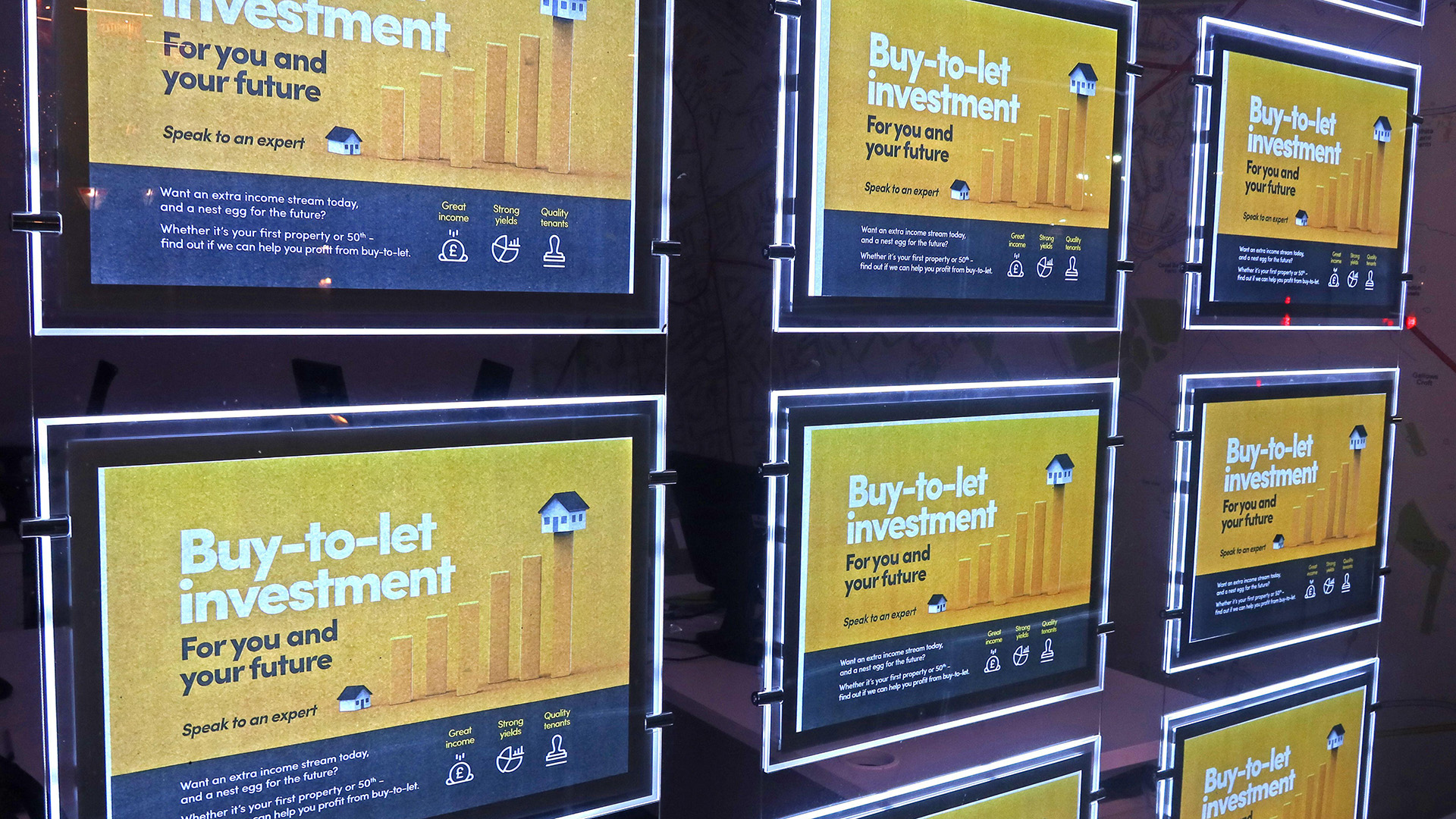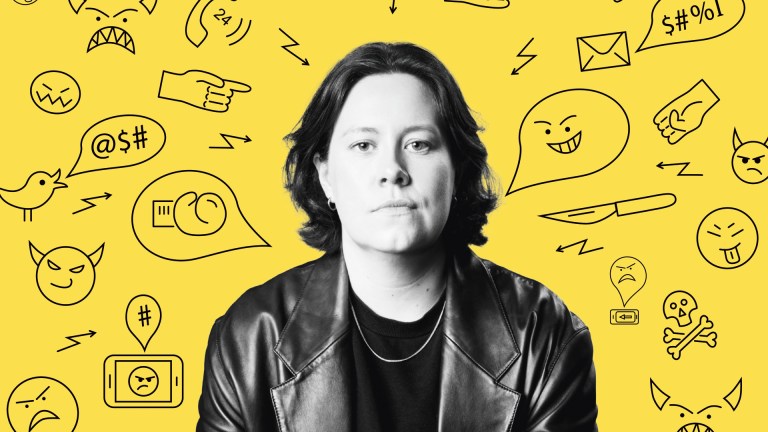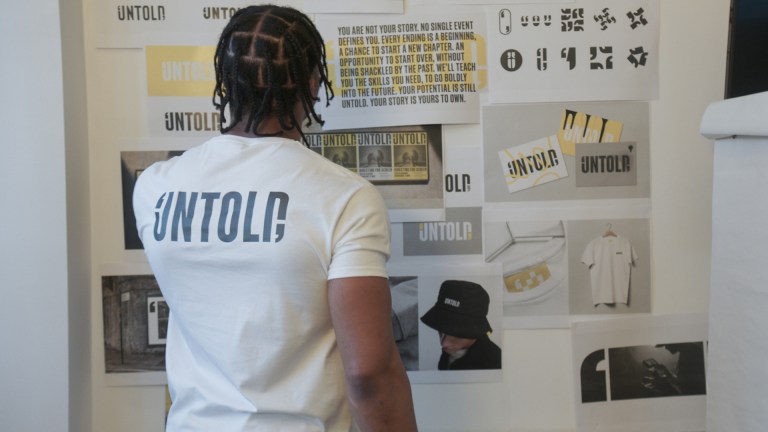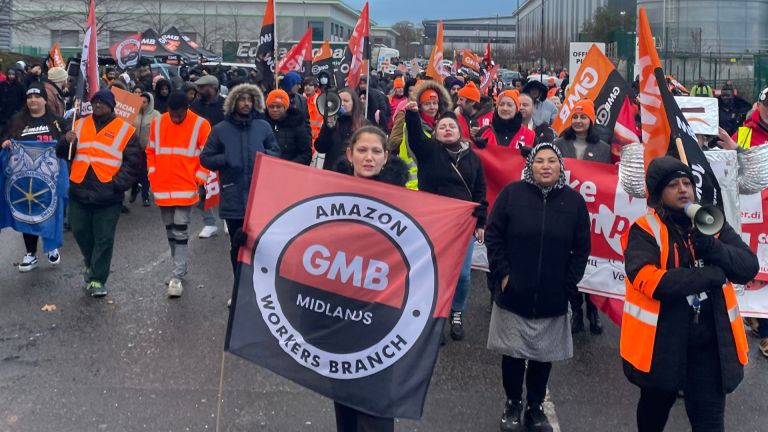Twenty years ago Jim took a flat for rent that, if he’d had the money, he could have bought for £100k. He didn’t, so he didn’t. Over those 20 years the rent doubled. Now he is being asked to leave because the owner wants to sell and he has been issued with a Section 21.
This is a no-fault eviction notice. Since 2003 when Jim moved in, the flat’s price has increased to £500k. So £400k has been added to the value of the property. He has never missed a rent payment. As it was a buy-to-let, the money borrowed from the bank was paid for by Jim’s rent. The person who borrowed the money did not have to pay for the mortgage. The buy-to-let arrangement, as long as the property value does not fall, is an ingenious way of borrowing money so that you can increase your income, and also see the steady increase in the value of what you bought with your mortgage.
After 20 years, all the money that Jim paid has not increased his value in the world. Rather, the money he has paid has increased his landlord’s value; but Jim will not be getting a share of that after his three-month notice period is up. He will have to find a new home at a time when rents are increasing because of a scarcity of flats for rent.
What the buy-to-let market has done has increased the chance of quite ordinary people to cash in on gaining wealth and property. Around 90% of rentals are owned by individuals who own maybe one or two buy-to-lets. It is often their pension and what they want to pass on to their children.
Of course, there are companies that buy dozens of properties and rent them out, increasing the rent gradually to make a profit and establishing a space between what they pay for borrowing so they can profit. But small-fry buy-to-let landlords dominate the market.
Jim, if he could have got his hands on a 10% deposit back then, and had the kind of job that convinced the bank he was a worthy risk (he doesn’t), might have been able to buy the flat and be the owner, 20 years later, of a half-million-pound London flat.










